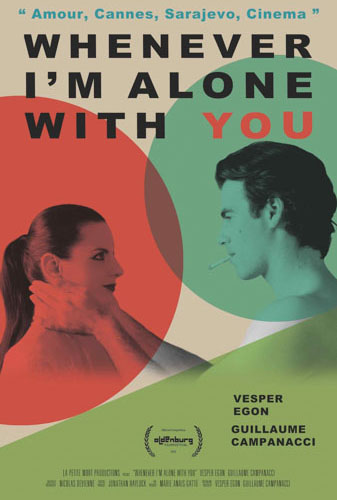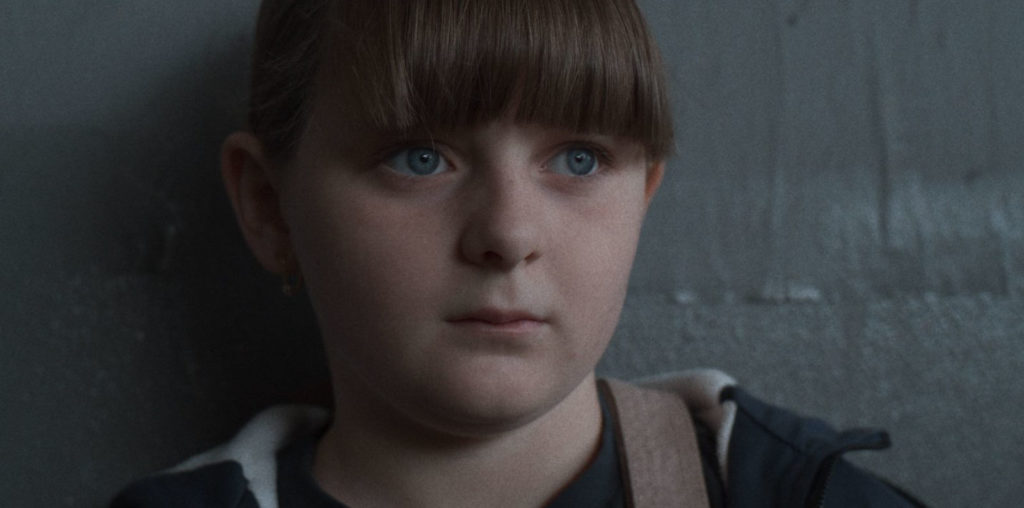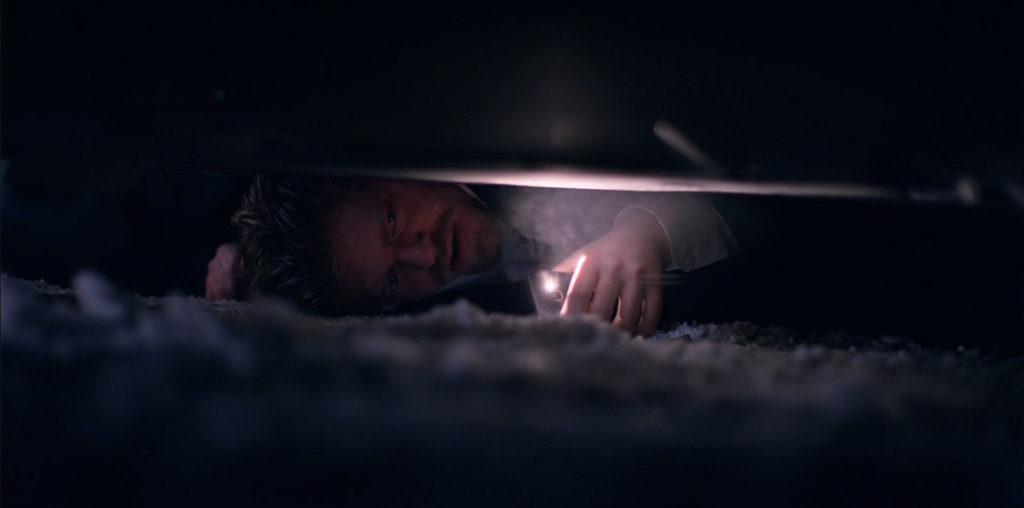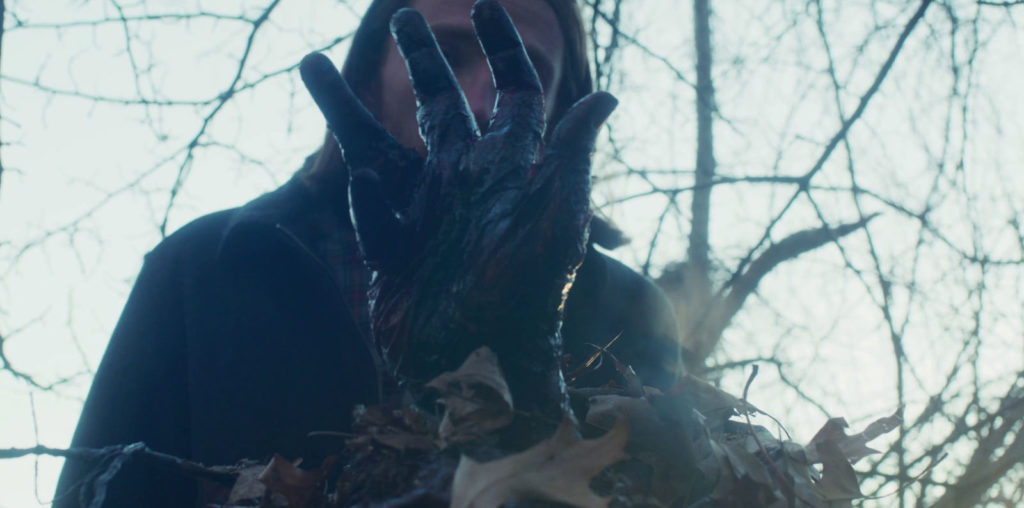
Whenever I’m Alone with You presents a wildly committed “romantic comedy,” one that delivers on the angsty promises of its opening narration and — for better or for worse — acts on impulse. It’s a film that deals with the topics of love, loss, sex, drugs, and suicide with great aplomb and, ultimately, demands to be seen.
Crafted by the talented writer-director trio of Guillaume Campanacci, Vedrana Egon, and Vesper Egon, Whenever I’m Alone with You remains a nontraditional, nonlinear, nonconformist look at storytelling. Yet, those strengths that make this film so fun to watch are the same weaknesses that keep it from becoming something far more fun.
Set in the South of France, Guillaume (Guillaume Campanacci) is a man struggling through his relationship with mortality. Having survived his recent suicide attempt on the heels of a bad breakup, Guillaume has trouble reconnecting with his friends and family. That is, until he meets Vedrana (Vedrana Egon).
Both lovers of the absurd, Guillaume and Vedrana, possess a chemistry that is as palpable as any, with the actors’ real-life relationships indeed influencing what we’re given on-screen. Moreover — there’s an improvisational nature to their performances that grounds this entire piece from top to bottom and endears us to our two leads outright.

“Having survived his recent suicide attempt on the heels of a bad breakup, Guillaume has trouble reconnecting with his friends and family.”
Still, the deeply pointed nature of this film’s premise has the potential to fall on deaf ears, especially when it attempts to absolve itself of narrative responsibility — with its initial monologue of cinematic anarchy serving as a catch-all for any shortcomings.
Yes — Whenever I’m Alone with You communicates a desire to let go of convention, which should be respected. But — that same devil-may-care attitude means the ensuing tonal shifts alter the film’s creative voice without any real justification. Because as a piece of expression, it’s given itself that ongoing luxury, proving that “feeling” alone doesn’t always win the day artistically.
Vedrana fights through a dead-end romantic partnership with a man we never see, drawn to Guillaume by his reckless attitude and undeniable charm — and as the two become more involved, they find freedom—Vedrana from a loveless relationship, Guillaume from his own relationship with death.
They take trips to graveyards, swim in the ocean, and smoke cigarettes. A lot of cigarettes. It’s bold. It’s tactile. It’s about feeling. There’s a message here about going after what you want in life with reckless abandon, and that’s one we all could learn from.
Whenever I’m Alone with You oozes creativity and leans heavily into color and composition to capture what many would call “a vibe.”Moments that convey generate otherworldly images through each frame and inject a beautiful vibrance into an otherwise opportunist tale. In short, its attempts at something new are worth celebrating.
The rest of the film is seen through a series of vignettes that reveal snapshots of Guillaume and Vedrana’s love affair and end in their final commitment to one another. Is it perfect? No. It is worth watching? Absolutely. In the end, much like Guillaume’s father’s speech at the dinner table, Whenever I’m Alone with You, the coherence borders on gibberish, and that’s good enough for me.

"…Whenever I'm Alone with You remains a nontraditional, nonlinear, nonconformist look at storytelling."


